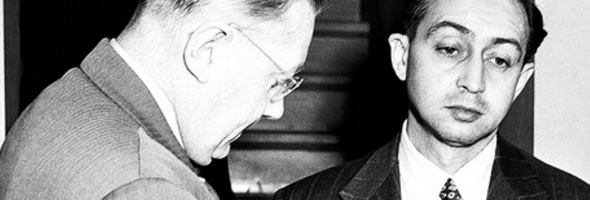War Creates a Single-Minded Focus
The United States agreed to furnish Lend-Lease and the Soviets did not doubt that they had earned it- at Leningrad, at Stalingrad, in the monstrous enclosures in the western USSR where the Germans, as they advanced, confined Soviet prisoners of war completely exposed without water or food. At least 4.5 million Soviet civilians and combatants had been killed by 1943; at least three million combatants died in enclosures and camps throughout the war; at least 25 million Soviet civilians and combatants died before the eventual Allied victory. From the Soviet point of view, Lend-Lease was the least America could do …



